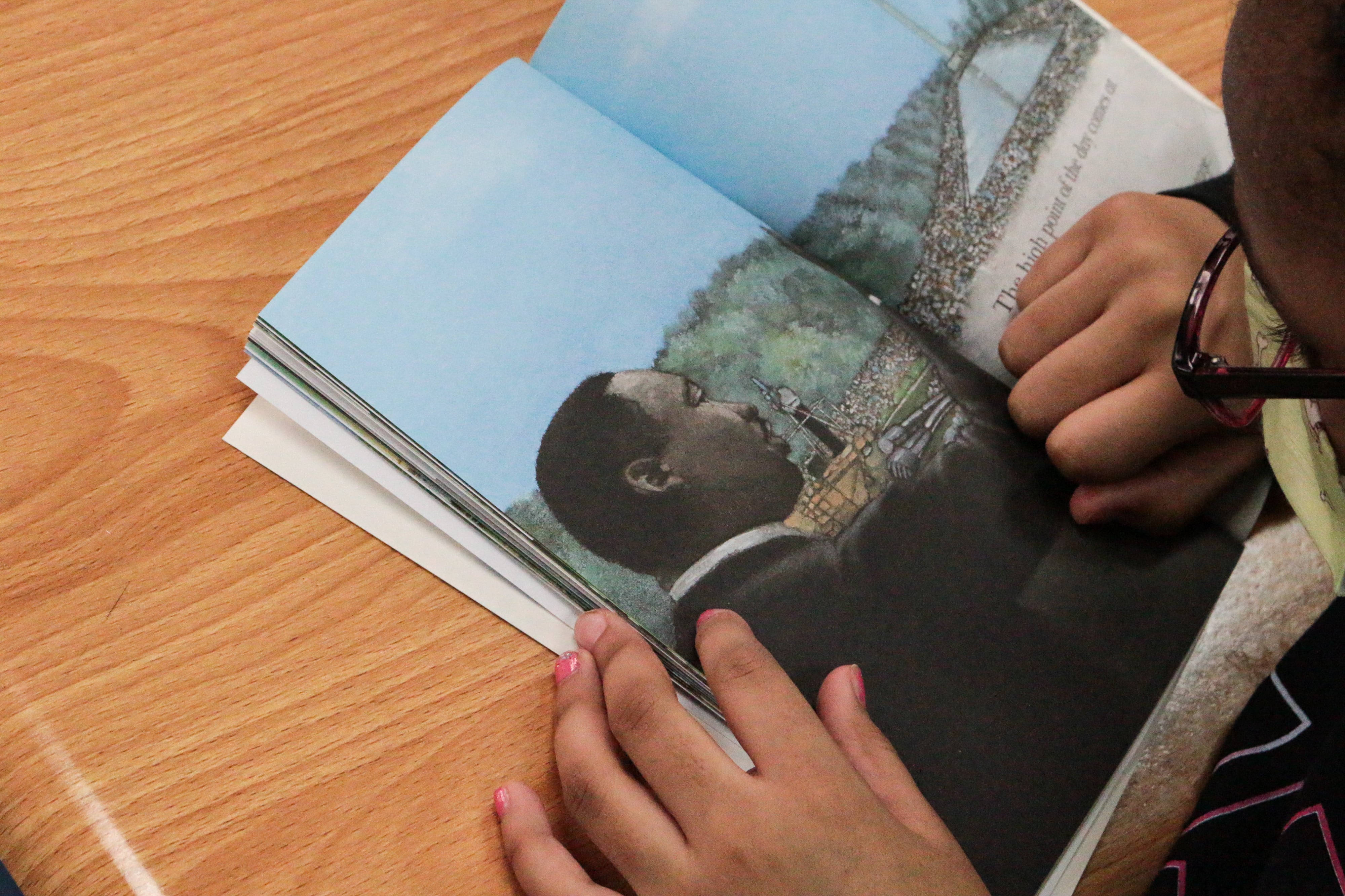Tennessee students may soon learn more about Black history, following the recent passage of a bill that requires schools to infuse multiculturalism throughout the K-12 curriculum, with special attention to Black history in grades 5 through 8.
In addition to bolstering Black history instruction in middle school, the bill makes a subtle but significant revision to a current state law that says that schools and districts “should include” instruction on Black history and black culture. If the legislation is signed by Gov. Bill Lee, “should include” will change to “shall include,” making Black history education a requirement instead of a recommendation.
Rep. Yusuf Hakeem, who championed the bill in the state legislature, wanted the anticipated law to take effect in time for next school year, but the bill’s final version delayed enactment until 2025-26 to align with a scheduled review of the state’s social studies standards.
The State Board of Education’s social studies standards review begins this summer with a public survey. Officials will use that feedback to draft revised standards in line with new requirements ahead of the second survey window in late 2022 or early 2023, said board spokesperson Elizabeth Tullos.
While several Tennessee social studies standards already reference figures and events connected to African American history, Hakeem said that he hopes the bill will help students better understand how Black history contributes to “our shared history here in America.”
“I’m of the opinion that Black history intersects every period of American history,” the Chattanooga Democrat said in a recent committee meeting. “Every war that this nation has had, going back to the Revolutionary War, Black people have participated in those wars on behalf of our nation. I think it’s important for people to be able to see themselves in our history, because we’re all in this together.”
The increased focus on Black history in Tennessee comes during a turning point for U.S. history education nationwide. After the deaths of Breonna Taylor and George Floyd, the publication of the New York Times’ 1619 Project, and a rise in racial tensions during the Trump administration, conservatives responded with a war on critical race theory instruction, leading several Republican-controlled legislatures and Republican state officials to curtail classroom discussions on race, gender, privilege, and oppression.
Meanwhile, Democratic or bipartisan measures in states such as Delaware, Illinois, and California have expanded education on racism, bias, and ethnic studies. The College Board is also piloting an Advanced Placement African American Studies course in about 60 schools nationwide, including White Station High School in Memphis.
Tennessee’s legislation is narrower than the more sweeping bills recently passed in Maine and Delaware. Even with the pared-down text, getting the votes to pass the legislation was a multi-year journey for Hakeem. A similar bill failed to gain widespread support last year. Sen. Brian Kelsey of Germantown remained a critic of this year’s Senate version of the bill.
“I think this would require the infusion of diversity, equity, and inclusion throughout K through 12, and for that reason, I would be opposed to the legislation,” said Kelsey during a March committee hearing.
Joining Kelsey in opposing the act in the Senate were two other Republicans, Sen. Joey Hensley of Hohenwald and Sen. Mark Pody of Lebanon. In the House, Rep. Kelly Keisling and Rep. Paul Sherrell voted no.
Sen. Raumesh Akbari of Memphis, who sponsored the Senate version of the bill, said that the movement to increase instruction on Black history addresses a gap in education and allows all students to gain a more comprehensive education.
“If Black history was not disregarded as a byproduct of American history, I don’t think that we’d have to raise this attention,” she recently told her fellow senators. “It’s important that students get a well rounded education that includes every contribution, whether it’s from someone who’s Black or white, of Mexican heritage, or Asian heritage. And I think that’s why we’re stressing the importance of this now. If it existed, we wouldn’t have to have legislation.”
Bureau Chief Cathryn Stout, Ph.D. oversees Chalkbeat Tennessee’s coverage. Contact Cathryn at cstout@chalkbeat.org
Tommie Curry contributed to this reporting.





